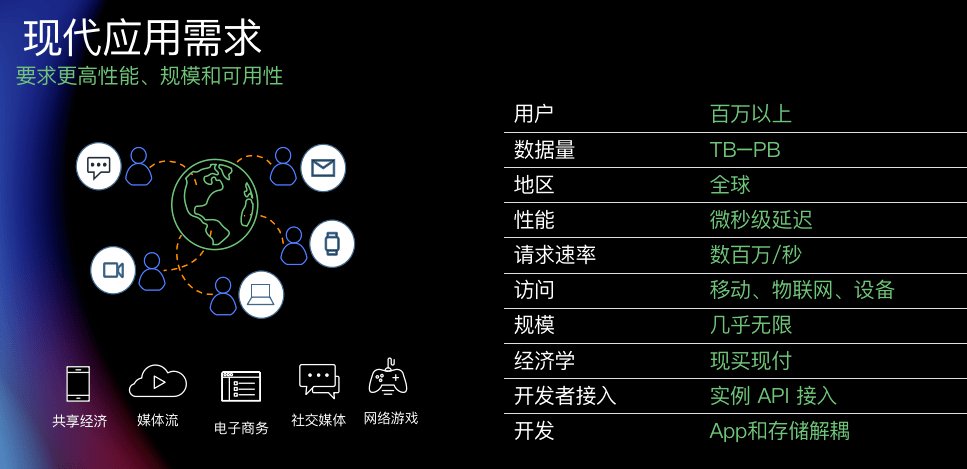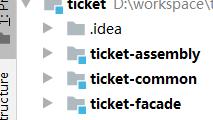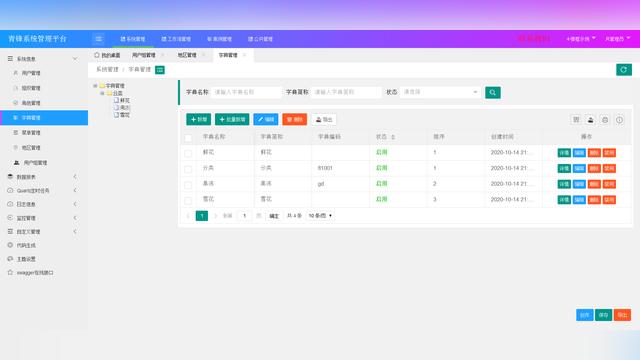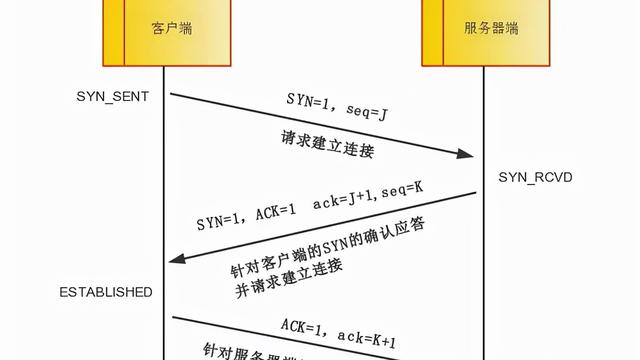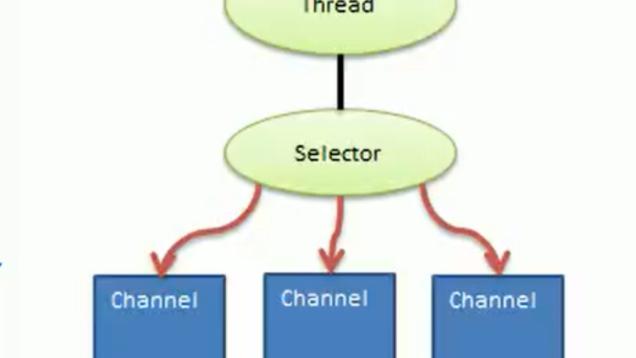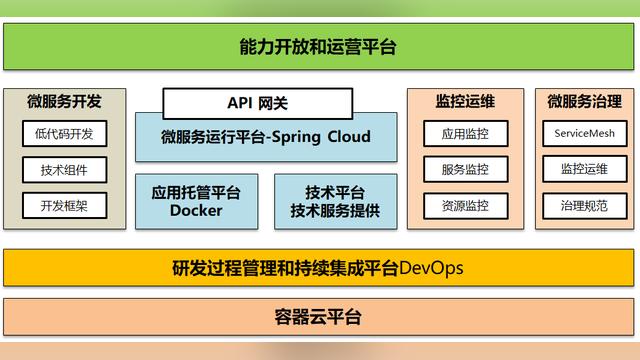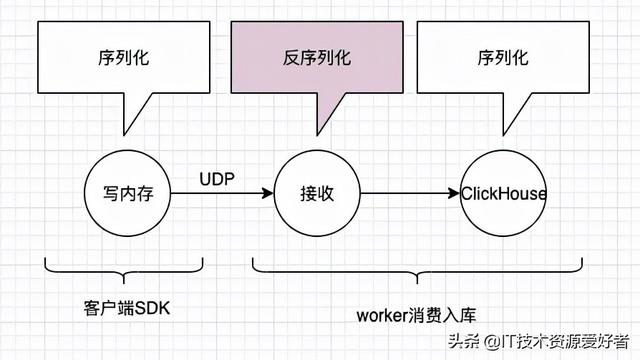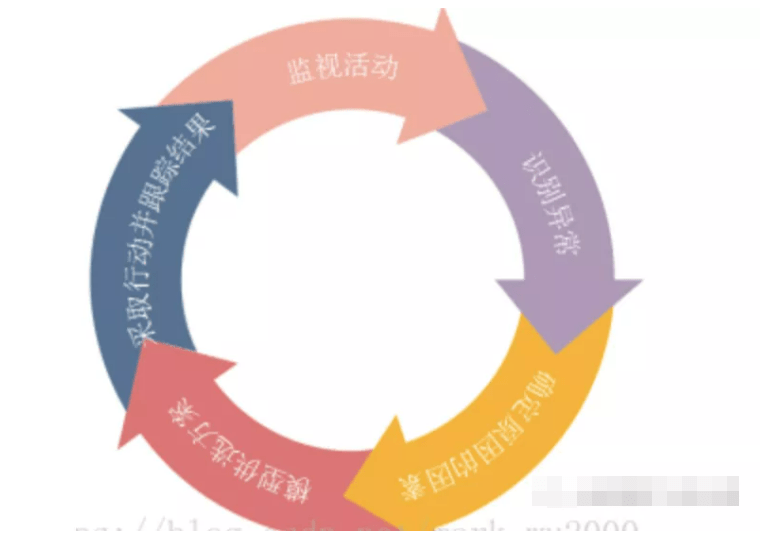SpringCloud Gateway 身份认证
使用SpringCloud技术栈搭建微服务集群,可以选择的组件比较多,由于有些组件已经闭源或停更,这里主要选用spring-cloud-alibaba作为我们的技术栈。
- 服务注册与发现: nacos-discovery
- 统一配置管理:nacos-config
- 微服务网关:spring cloud gateway
由于nacos本身就已经是完备的服务,故参考官方文档直接安装使用就可以,这里重点介绍如何使用SpringCloud Gateway实现路由转发和身份认证。
一、微服务架构

- 所有的请求先通过Nginx进行负载和转发
- API Gateway负责进行微服务内的路由转发和身份认证
二、实现路由转发
1. 引入gateway包
<dependency>
<groupId>org.springframework.cloud</groupId>
<artifactId>spring-cloud-starter-gateway</artifactId>
</dependency>
复制代码
需要注意的是:如果启动时报错,提示在依赖中发现的springMvc与gateway不能兼容,需要删除spring-boot-starter-web相关引用
**********************************************************
Spring MVC found on classpath, which is incompatible with Spring Cloud Gateway at this time. Please remove spring-boot-starter-web dependency.
**********************************************************
复制代码
2. 添加启动类
@EnableDiscoveryClient
@SpringBootApplication
public class GatewayApplication {
public static void main(String[] args) {
SpringApplication.run(GatewayApplication.class, args);
}
}
复制代码
- @EnableDiscoveryClient 用于集群下的服务注册与发现
3. 配置路由表
配置文件最好选用YAML,结构清晰易读
spring:
application:
name: cloud-api #服务名
cloud:
nacos:
discovery:
server-addr: 127.0.0.1:8848 # nacos服务器地址
gateway:
routes:
- id: cloud-user
uri: lb://cloud-user # 后端服务名
predicates:
- Path=/user/** # 路由地址
filters:
- StripPrefix=1 # 去掉前缀
server:
port: 8000
# 用于actuator暴露监控指标
management:
endpoints:
web:
exposure:
include: "*"
复制代码
- StripPrefix=1 用于在路由转发时去掉前缀地址,若无则将前缀一起转发给后端服务,比如: 请求地址为:http://localhost:8000/user/home 在没有加StripPrefix时,转发给后端服务地址为:http://{cloud-user}/user/home,否则为http://{cloud-user}/home
- management 配置用于暴露监控指标,可请求 http://localhost:8000/actuator/gateway/routes 获取所有的映射路由
三、实现身份认证
在分布式系统中有三种常用的身份认证方式:
1.使用Session,可使用spring security来实现Session的管理 ,使用redis来存储会话状态,客户端的sessionID需要cookie来存储

优点 :
- 使用方便,客户端无感知
- 安全性高
- 会话管理支持较好
缺点 :
- 对客户端应用支持不友好
- 无法实现跨站跨端共享
- 实现方式相对复杂
- 需要客户端Cookie支持
2.使用Token,由服务端签发,并将用户信息存储在redis中,客户端每次请求都带上进行验证

优点 :
- 对多端共享支持友好
- 对多端共享会话支持友好
- 实现方式相对简单
- 安全性高
- 无须Cookie支持
缺点 :
- 会话过期时间维护较复杂
- 服务端需要维持会话状态
3.使用JWT,由服务端签发且不保存会话状态,客户端每次请求都需要验证合法性

优点 :
- 对多端共享支持友好
- 对多端共享会话支持友好
- 服务端无会话状态
- 无须Cookie支持
- 可携带载荷数据
缺点 :
- 会话过期时间维护较复杂
- 默认情况下,安全性较低
- 一旦签发无法撤销,或撤销较复杂
简单token验证
本例子的token是uuid生成随机码的方式,没有使用算法做验证,这样有可能导致客户端穷举token,不断查询redis造成风险。在生产环境中可使用一定算法进行token签发(如加密解密,有效时间戳等),保证伪造token对服务器的影响降到最低。
1. 用户登陆保存session状态
@Service
public class Session {
@Autowired
private RedisTemplate<String, String> redisTemplate;
Long expireTime = 10800L;
/**
* 保存session
* @param loginUser
*/
public void saveSession(LoginUser loginUser) {
String key = String.format("login:user:%s", loginUser.userToken);
redisTemplate.opsForValue().set(key, JSON.toJSONString(loginUser),
expireTime, TimeUnit.SECONDS);
}
/**
* 获取session
* @param token
* @return
*/
public LoginUser getSession(String token){
String key = String.format("login:user:%s", token);
String s = redisTemplate.opsForValue().get(key);
if (Strings.isEmpty(s)){
return null;
}
return JSON.parseobject(s, LoginUser.class);
}
}
复制代码
保存会话状态时,需要设置过期时间,且不宜过长或过短。如进一步思考如何刷新会话过期时间。
2. 增加AuthCheckFilter,拦截路由请求
@Slf4j
@Component
public class AuthCheckFilter extends AbstractGatewayFilterFactory {
@Autowired
private Session session;
@Override
public GatewayFilter apply(Object config) {
return (exchange, chain) -> {
ServerHttpRequest request = exchange.getRequest();
ServerHttpResponse response = exchange.getResponse();
// 1. 获取token
String token = request.getHeaders().getFirst("token");
log.info("当前请求的url:{}, method:{}", request.getURI().getPath(), request.getMethodValue());
if (Strings.isEmpty(token)) {
response.setStatusCode(HttpStatus.UNAUTHORIZED);
return response.setComplete();
}
// 2. 验证用户是否已登陆
LoginUser loginUser = this.session.getSession(token);
if (loginUser == null) {
response.setStatusCode(HttpStatus.UNAUTHORIZED);
return response.setComplete();
}
// 3. 将用户名传递给后端服务
ServerWebExchange build;
try {
ServerHttpRequest host = exchange.getRequest().mutate()
.header("X-User-Name", loginUser.userName)
// 中文字符需要编码
.header("X-Real-Name", URLEncoder.encode(loginUser.realName, "utf-8"))
.build();
build = exchange.mutate().request(host).build();
} catch (UnsupportedEncodingException e) {
build = exchange;
}
return chain.filter(build);
};
}
}
复制代码
此拦截器作用为验证请求是否已登陆,否则返回401状态,并将用户会话信息传递给后端服务。
3. 配置Filter
在gateway项目的yml配置文件中配置需要进行验证的路由filters: AuthCheckFilter
spring:
gateway:
routes:
- id: cloud-user
uri: lb://cloud-user # 后端服务名
predicates:
- Path=/user/** # 路由地址
filters:
- name: AuthCheckFilter #会话验证
- StripPrefix=1 # 去掉前缀
复制代码
由此就实现了对后端路由地址的身份验证功能
